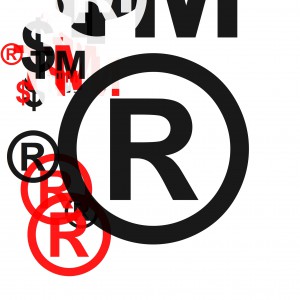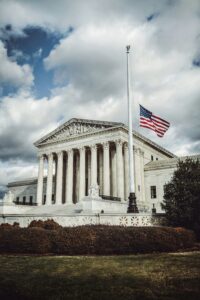May 1, 2019

In Tampa, Florida, two local proprietors are negotiating over the use of “Florida Avenue” in their respective branding. Florida Avenue Brewing Company was the first to use the geographic location in its name and believes that Florida Avenue Eats, located only a mile and a half down the street, will cause consumers to be confused that they are patronizing an establishment associated with Florida Avenue Brewing Company, when in actuality, they are not. Beyond the legal arguments involving the common law trademark rights to “Florida Avenue,” the community has weighed in on whether they think that Florida Avenue Brewing Company has the right to prevent other companies from using “Florida Avenue” in their product/service names.
Does Florida Avenue Brewing Company have trademark rights that it can enforce against Florida Avenue Eats? And, if so, should Florida Avenue Brewing Company enforce those rights when viewed in the court of popular opinion?
Common Law Trademark Rights
Neither Florida Avenue Brewing Company, nor Florida Avenue Eats, has registered its respective mark with the United States Patent and Trademark Office (“PTO”). As such, if Florida Avenue Brewing Company were to bring a lawsuit against Florida Avenue Eats it would be to assert its common law trademark rights. In the U.S., common law trademark rights attach to business names, taglines, product names, logos, design elements, and sounds that are used to identify the source of goods or services as soon as the identifier is used in commerce. Common law trademark rights are limited, however, to the geographic area that the particular trademark is used in. In the dispute at hand, because Florida Avenue Brewing Company was the first to use “Florida Avenue” to identify its brand, it has the ability to enforce its rights against Florida Avenue Eats. However, Florida Avenue Eats may challenge Florida Avenue Brewing Company’s common law trademark rights by demonstrating that “Florida Avenue” is merely a geographic descriptor, not entitling it to trademark protection.
Geographically Descriptive Trademarks
The PTO does not allow for the registration of generic or descriptive marks because doing so would preclude similar businesses from describing their respective goods and services. Using a geographic location in your trademark can result in the same fate. For example, the Trademark Manual of Examining Procedure (“TMEP”) states that a mark is geographically descriptive if: (1) the primary significance of the mark is a generally known geographic location; (2) the goods or services originate in the place identified in the mark; and (3) purchasers would be likely to believe that the goods or services originate in the geographic place identified in the mark. If Florida Avenue Brewing Company decides to bring an action against Florida Avenue Eats, it is likely that there will be a fight over the geographic descriptiveness of the Florida Avenue Brewing Company mark.
Trademark Infringement in the Court of Public Opinion
Before enforcing trademark rights, businesses should evaluate how public opinion will interpret these enforcement efforts. In certain instances, enforcing trademark rights has created the perception that the business is a bully and this can hurt the bottom line when consumer boycotting results. On Florida Avenue, the locals have responded negatively to the dispute between Florida Avenue Brewing Company and Florida Avenue Eats. As one member of the community stated, “It’s a little unfair to tell another business that they can’t use a name of the street that you’re on . . . especially, since one is food and the other is beer.”
When beginning the branding process, it is recommended that businesses consult with a trademark attorney in order to minimize the risk of unwelcome legal surprises, as well as potential lose/lose situations like those that Florida Avenue Brewing Company now faces. If you are interested in learning more about common law trademark rights, or if you are involved in a trademark dispute, please email us at info@kleinmoynihan.com, or call us at (212) 246-0900.
The material contained herein is provided for informational purposes only and is not legal advice, nor is it a substitute for obtaining legal advice from an attorney. Each situation is unique, and you should not act or rely on any information contained herein without seeking the legal advice of an experienced attorney.
Attorney Advertising
Related Blog Posts:
Girl Scouts Involved in Trademark Law Dispute with Rebranded Boy Scouts



